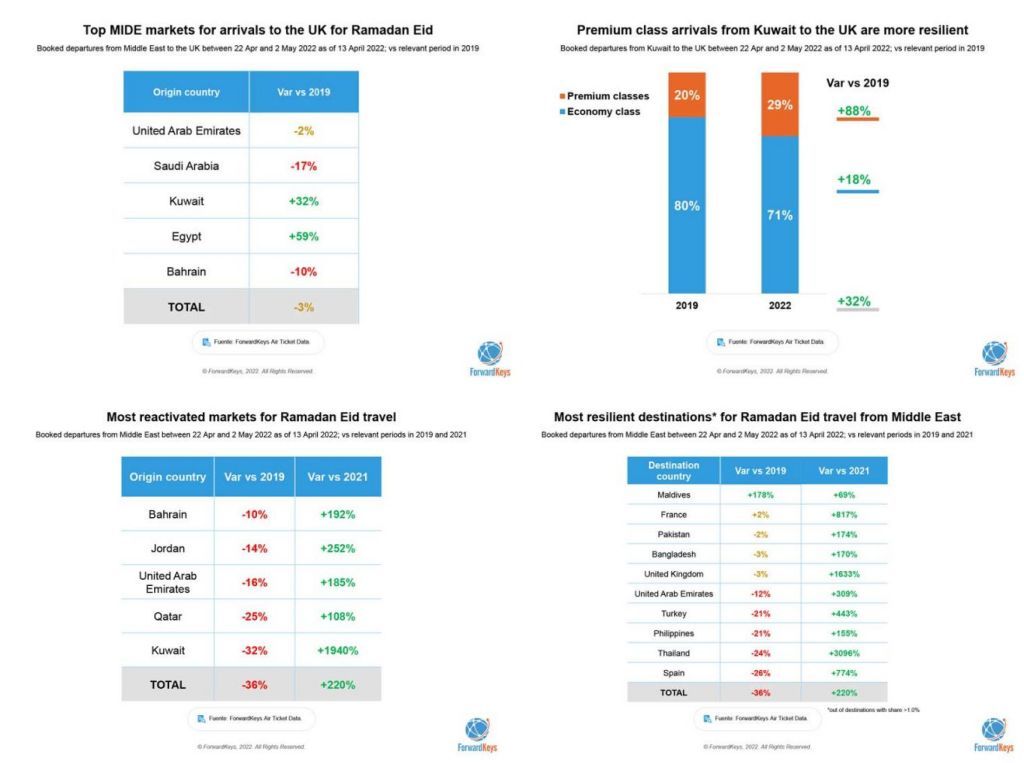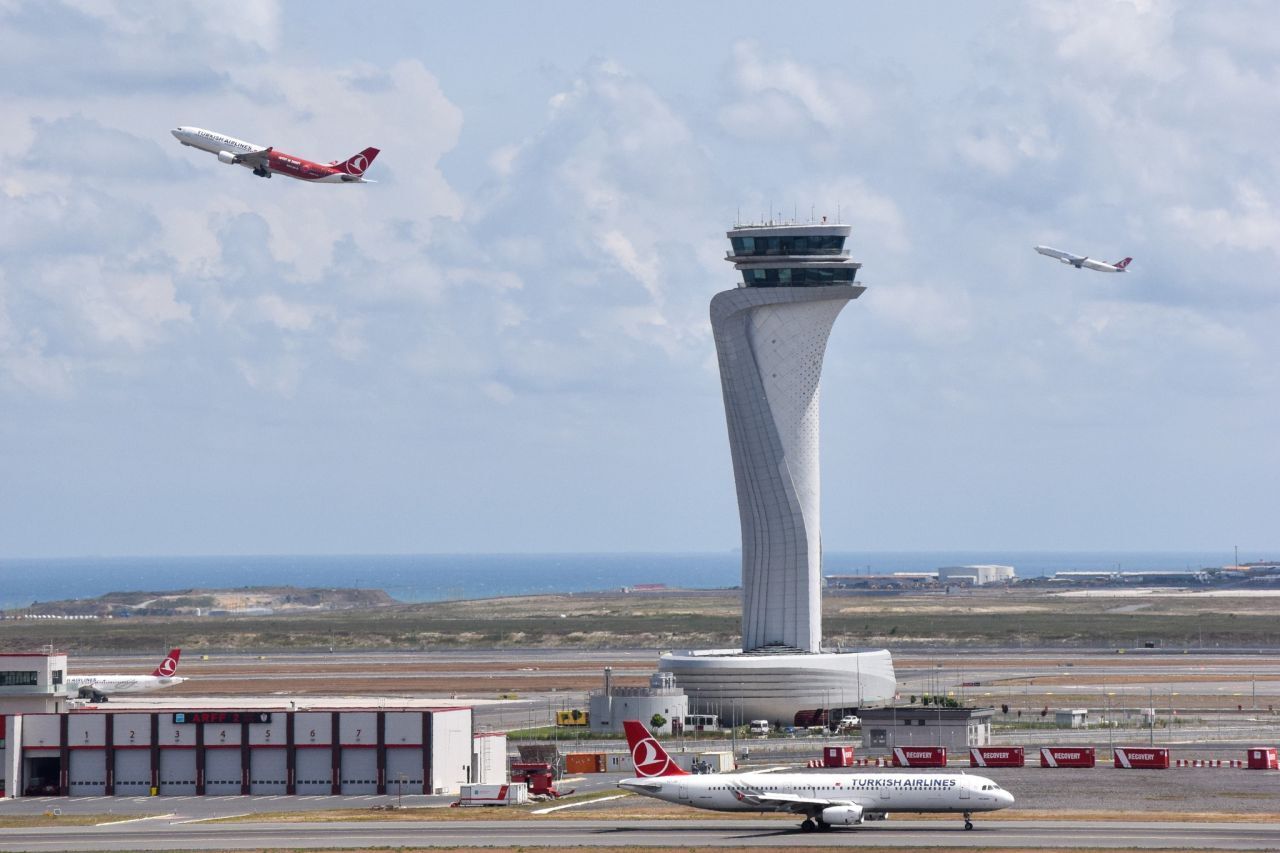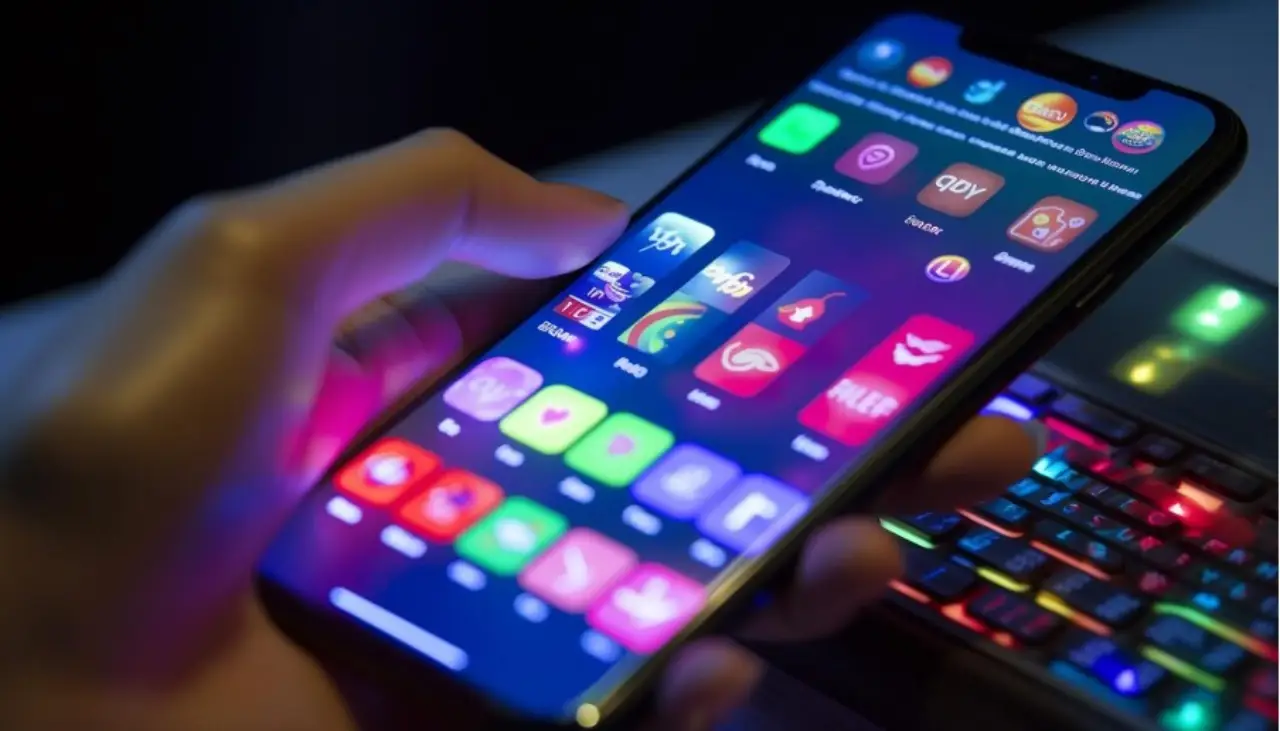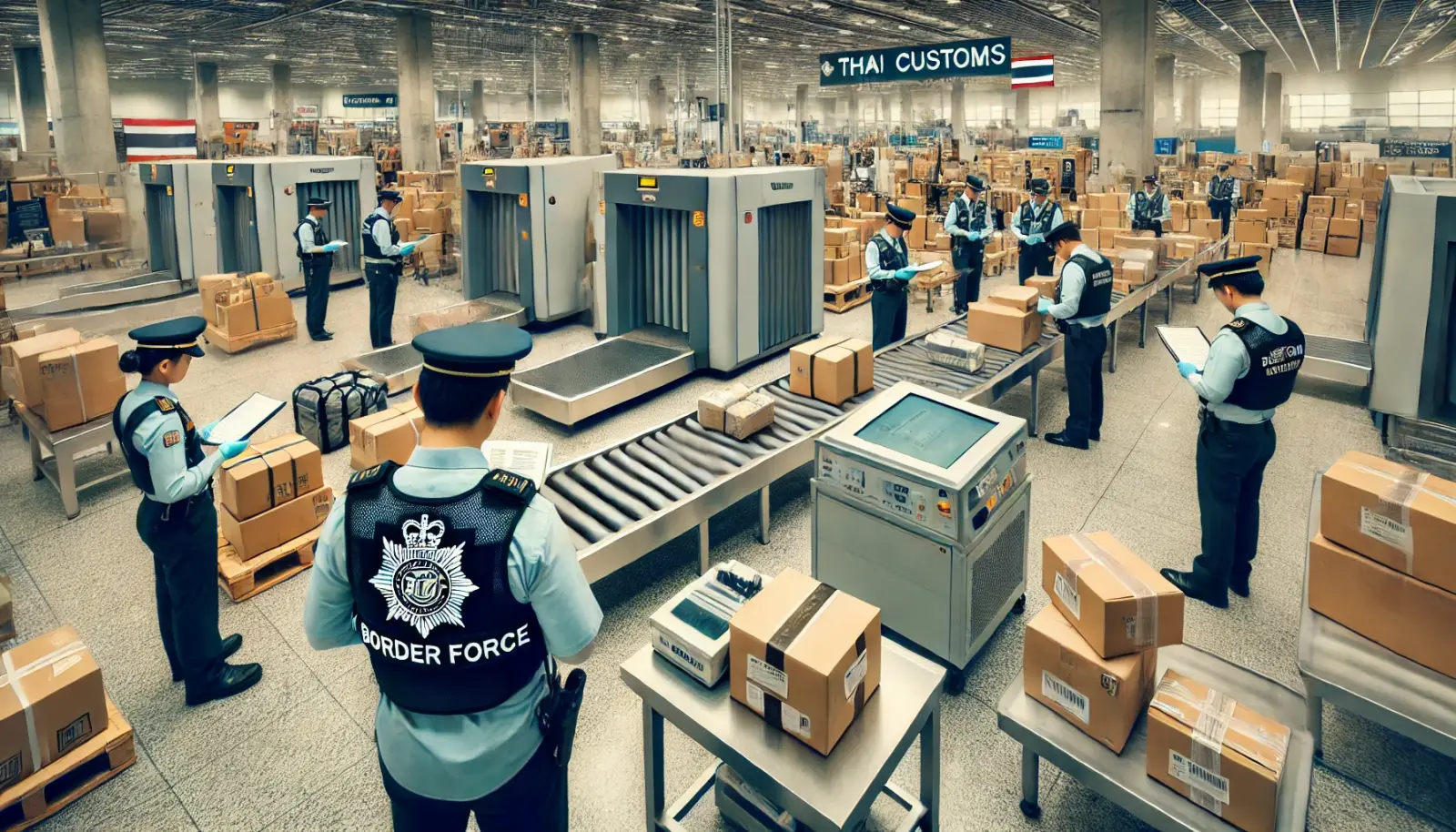Following a cyber-attack on MGM Resorts, a leading casino and hotel conglomerate, patrons have reported disruptions with slot machines and online room reservation systems.
The company acknowledged the “cyber-security issue”, leading to the shutdown of certain systems, though it emphasized that its facilities remain “operational”.
A guest at the MGM Grand in Las Vegas recounted an incident where the hotel’s digital keys malfunctioned, causing her to enter the wrong room. In response, the hotel staff distributed physical keys and offered her a complimentary stay. This guest also shared a TikTok video showcasing inoperative slot machines at the resort.
Numerous other customers voiced their grievances on social media platforms, citing issues like canceled reservations, inability to check in, challenges with card payments, and difficulties accessing their MGM accounts. One patron even mentioned having to leave the MGM Grand to obtain cash for food.
MGM Resorts, in a statement on X (previously known as Twitter), announced the initiation of an investigation in collaboration with top-tier external cybersecurity specialists. The statement further read, “We also notified law enforcement and took prompt action to protect our systems and data, including shutting down certain systems.”
While the investigation continues, the exact “nature and scope” of this cyber-attack remains undetermined. However, MGM Resorts reassured that their resorts, encompassing dining, entertainment, and gaming, are still functional. They also emphasized that guests can access their rooms and the Front Desk remains available for assistance.
Currently, the main website for MGM Resorts is inaccessible. Visitors are greeted with a message stating the site’s unavailability and are directed to reach out via phone or third-party websites. Similar notifications are evident on the websites of the company’s various resorts. MGM Resorts, which owns a plethora of hotels and casinos across the US, including iconic Las Vegas locations, has faced cybersecurity issues in the past. In 2019, a breach in one of their cloud services led to the theft of over 10 million customer records, including personal details like names, addresses, and passport numbers.
The extent of data compromised in this recent cyber-attack remains unknown.












